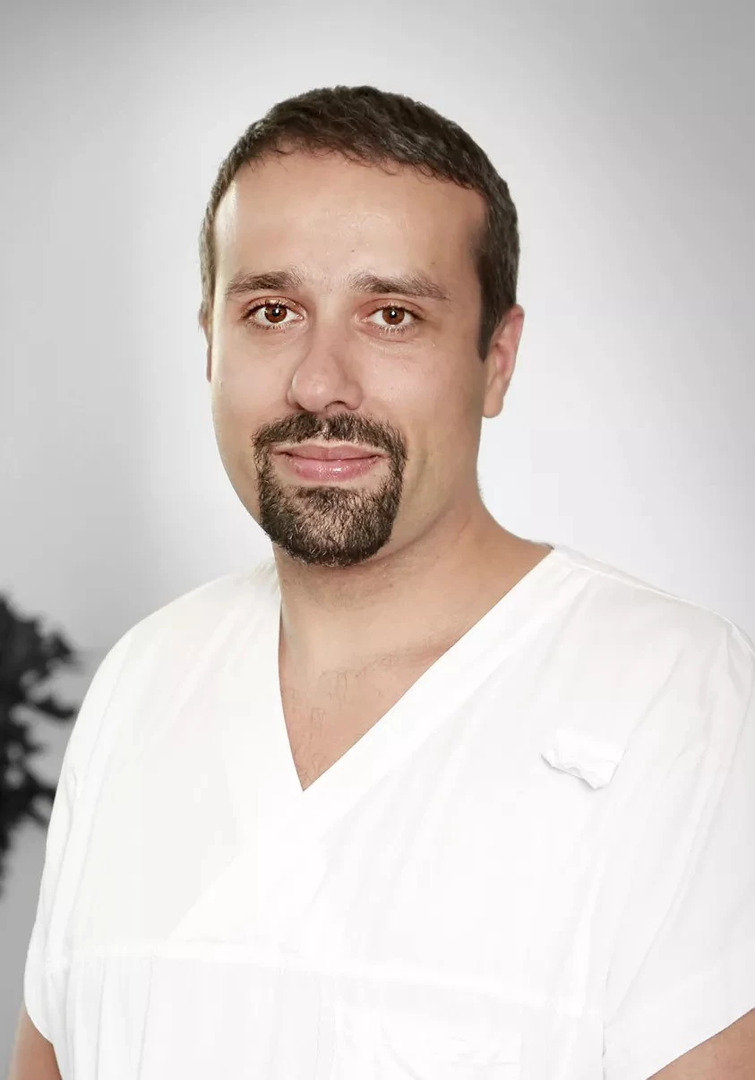Doc. Milan Sova: AAT substitution is available to all indicated patients. It is therefore crucial to now educate about the necessity of regular treatment
Alpha-1-antitrypsin deficiency (AATD) is one of the most common genetic disorders in adults. It is usually associated with the early development of chronic obstructive pulmonary disease (COPD) or liver damage. We discuss how modern substitution therapy can change patients' prognosis and when to consider this diagnosis with the head of the Clinic of Pulmonary Diseases and Tuberculosis at Masaryk University Faculty of Medicine and Brno University Hospital, Doc. MUDr. Milan Sova, Ph.D.

What is the significance of alpha-1-antitrypsin in the human body according to current research?
The most important role of AAT is that it deactivates a number of enzymes that are released in the body during various inflammatory reactions. These enzymes can, for example, destroy lung tissue.
Which patients and diseases should consider the possibility of AAT deficiency? What symptoms should lead to suspicion of this genetic defect?
Primarily, it concerns patients who develop chronic obstructive pulmonary disease or pulmonary emphysema at a younger age. It is also necessary to test for AATD in newborns with persistent jaundice and other liver diseases.
How should differential diagnosis proceed, and which examinations should be performed to confirm AATD?
The concentration of AAT in blood plasma can be easily determined. If a low level is found, we can perform genetic testing on the patient to identify the cause.
Is it common for a patient to be misdiagnosed or not diagnosed at all?
Unfortunately, this is a very common occurrence. In the past, substitution therapy was not available, and AAT levels were not given attention. Even today, it can happen that in a younger patient with COPD due to AATD, the level of alpha-1-antitrypsin is not measured, but this is fortunately a rather rare occurrence.
What is the relationship between AATD and smoking? And what other external factors can influence the disease?
Smoking generally increases the risk of developing COPD. Adding AATD to the equation will likely accelerate the disease's progression. Therefore, individuals with low levels of AAT should definitely not smoke. Air pollution can also contribute to the deterioration of lung function in the context of COPD.
What is the basis of the treatment approach according to current guidelines?
The foundation of AATD therapy in connection with COPD is the substitution of AAT with an approved preparation. Of course, patients are also treated with standard methods, such as bronchodilation and others. However, the most crucial step is undoubtedly to quit smoking.
How does the therapy affect the quality of life of patients? What do they need to be educated about?
The treatment significantly improves the quality of life for patients, and it is essential to emphasize that it has maximum effect only when used regularly and correctly. Therefore, the most important aspect is educating the patient about the need for regular treatment and, in the case of inhalation preparations, the correct inhalation technique.
How do you address the treatment of liver and other organ complications?
Here, an individual approach to each patient in the sense of personalized medicine is needed. It is also important to mention that thanks to modern therapeutic approaches, we are able to prevent or effectively treat many of these complications.
Is AAT substitution therapy available to all patients? And are there any other specialized centers in the Czech Republic besides the one at Thomayer University Hospital?
Substitution therapy is available to all indicated patients. Unfortunately, currently, this care is only provided by the mentioned Prague center. The good news is that network expansion is being prepared and intensive negotiations with individual health insurance companies are underway. I am pleased to announce that in spring 2024, we expect the opening of an AATD treatment center here at Brno University Hospital.
MUDr. Andrea Skálová
editor of proLékaře.cz
Did you like this article? Would you like to comment on it? Write to us. We are interested in your opinion. We will not publish it, but we will gladly answer you.
